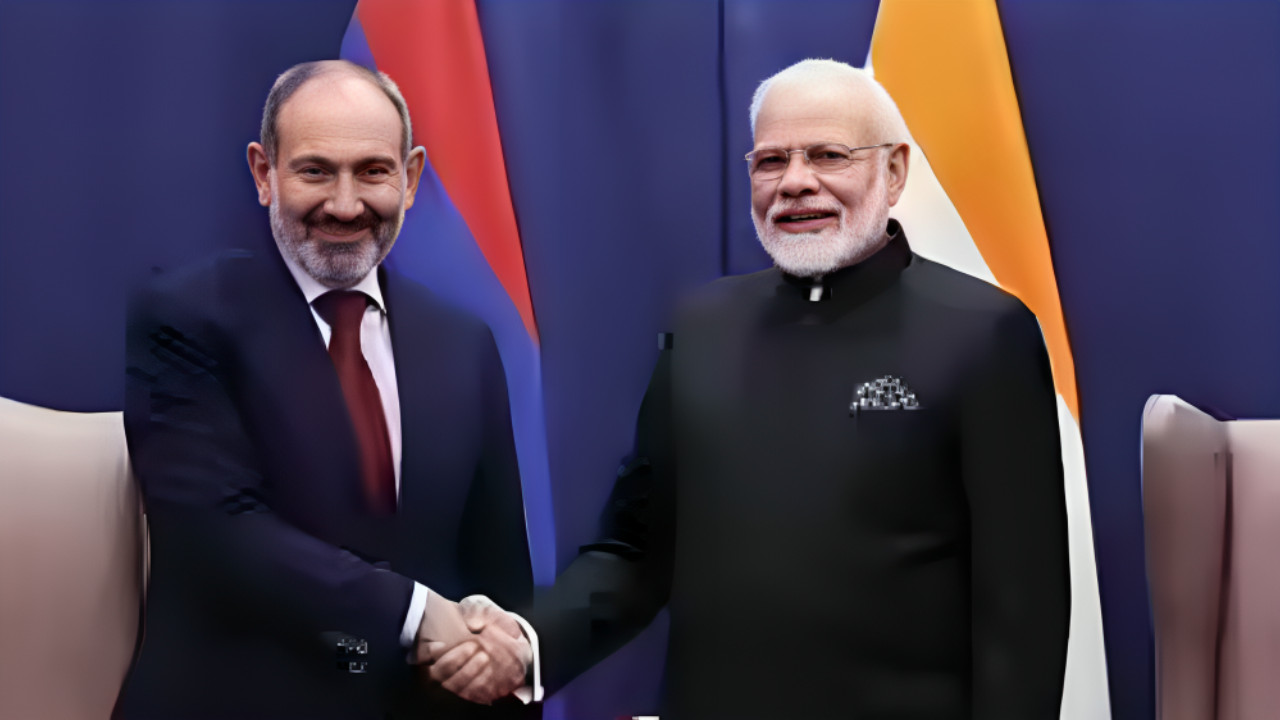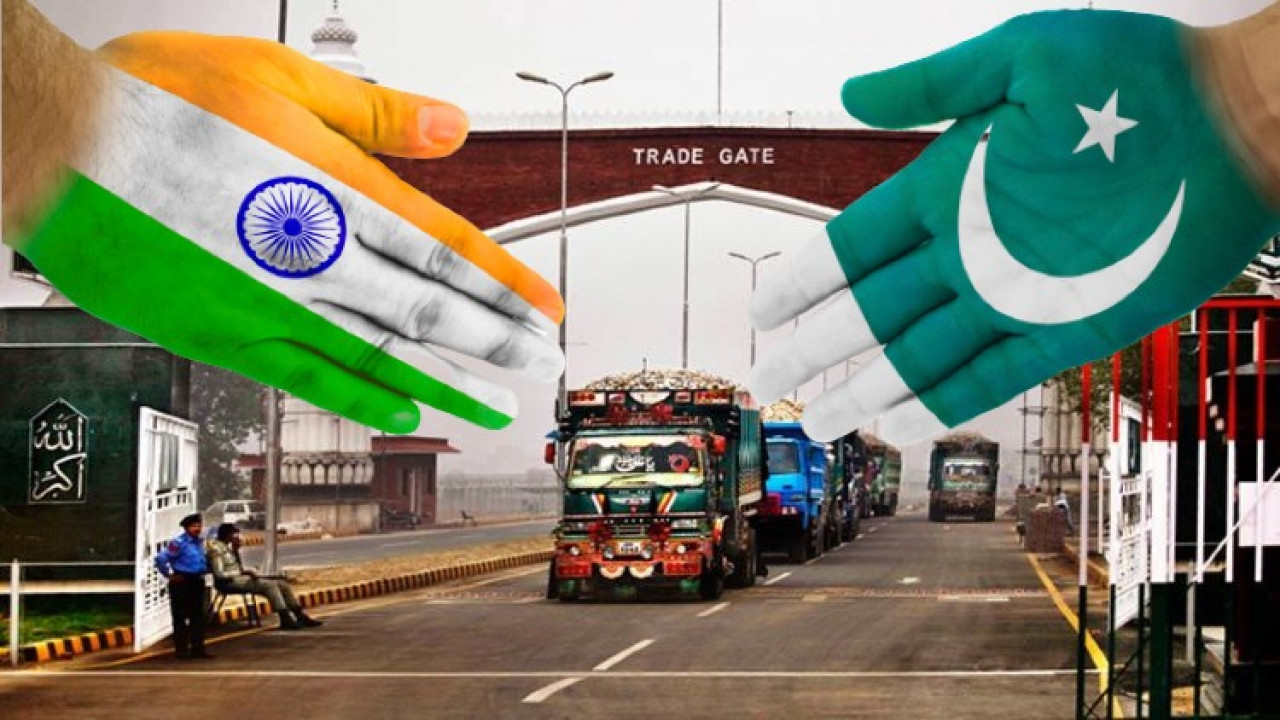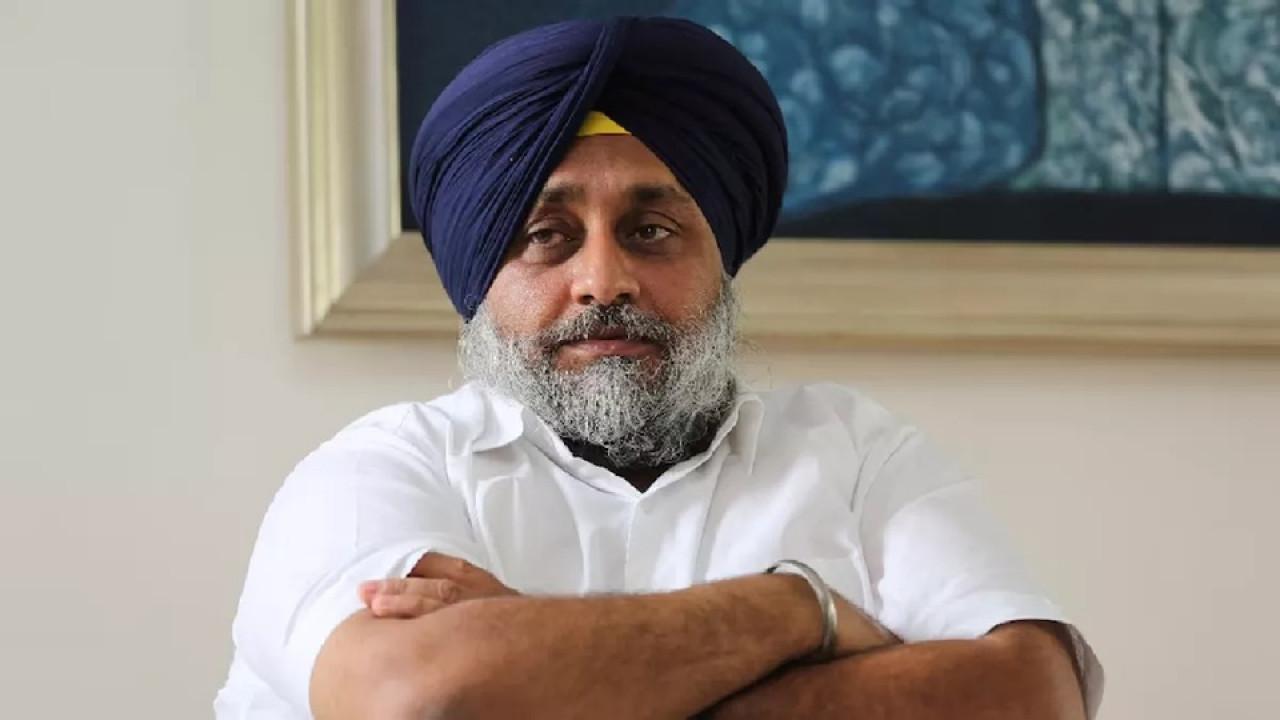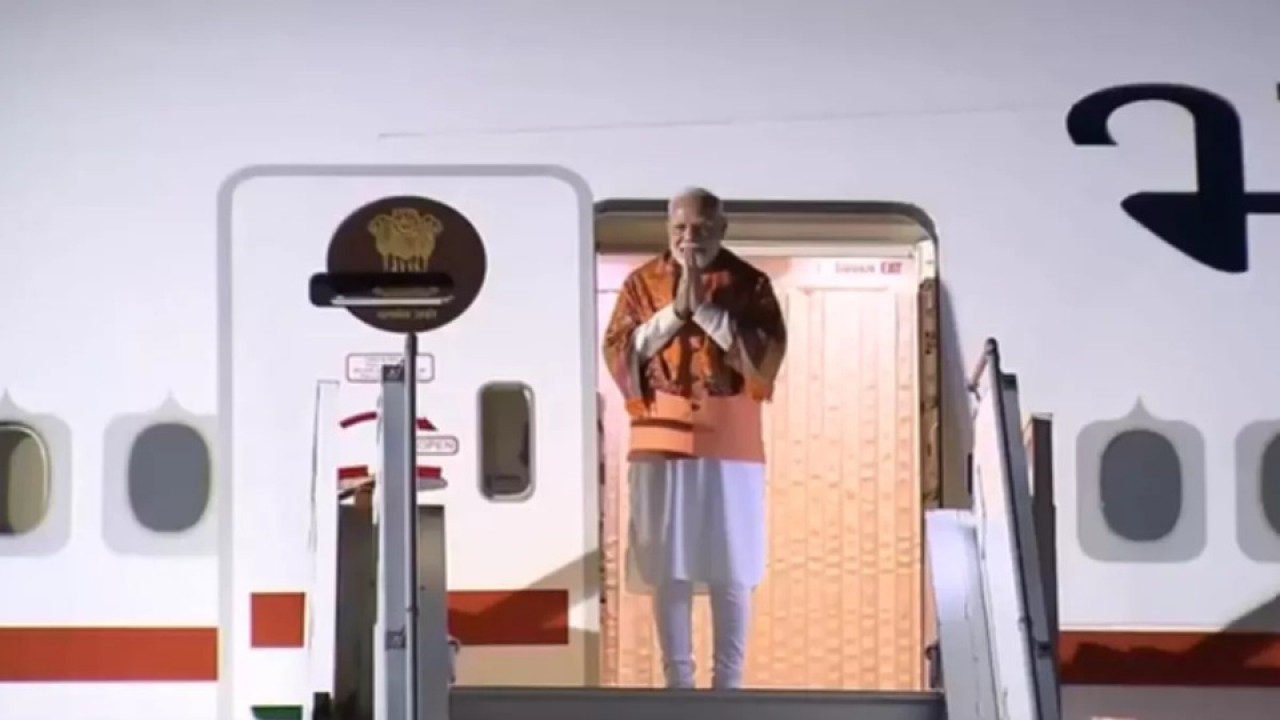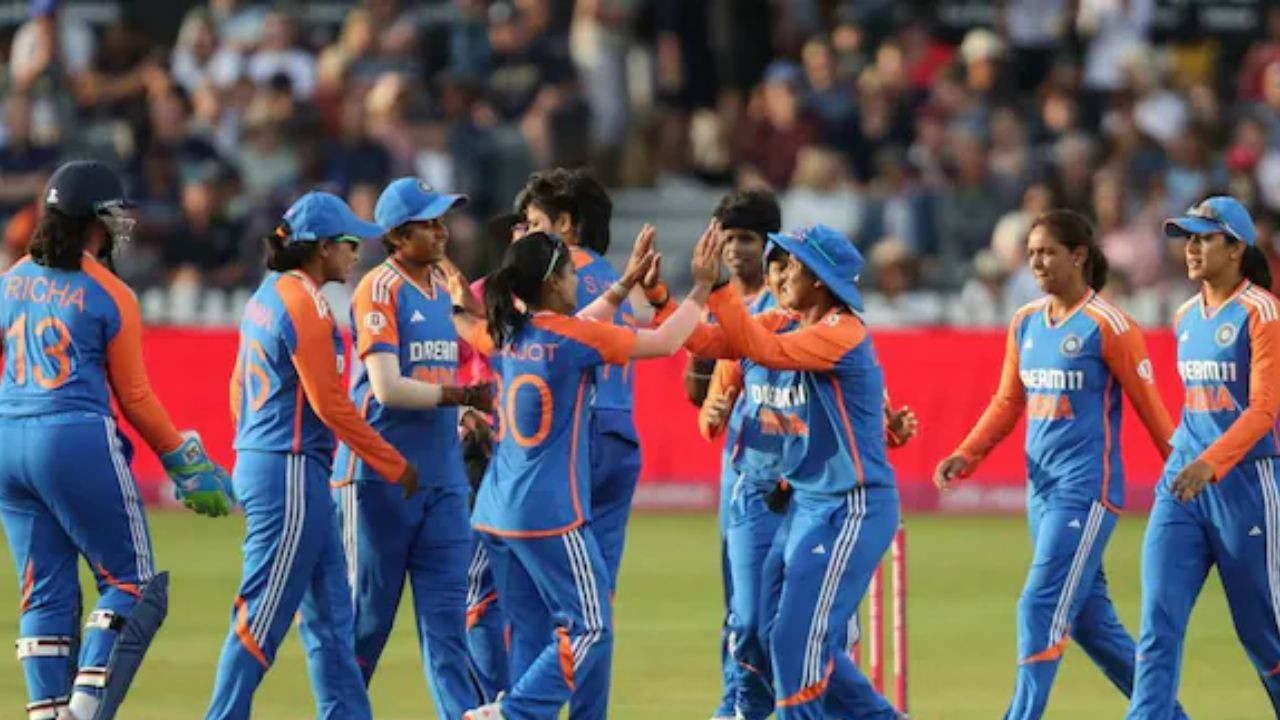To counter China, Armenia has expressed support for India’s Black Sea Corridor. China’s goal is to strengthen its grip in the Caucasus region, and modern geopolitical conditions have significantly expanded India’s global role. As a result, the Eurasian region has become strategically vital. India’s "multi-vector foreign policy" has now reached a point where an alternative corridor—known as the Black Sea Corridor—linking Central Asia, the Caucasus, and the Black Sea region, has become central to its strategic outlook. In this context, Armenia is not just a partner, but a reliable ally capable of balancing the China–Turkey–Pakistan–Azerbaijan axis in the region.
Armenian strategic experts told Firstpost that New Delhi can play a crucial role in developing the Black Sea Corridor, which will connect India with Iran, Armenia, Georgia, and much of Central Asia. Over the past few years, China has made heavy investments in Azerbaijan and Georgia, signaling its growing aggression. Strategists emphasize that India now has an opportunity to assert itself in the region by leveraging its strong ties with Armenia. India and Armenia share decades-old relations. In 2022, India overtook Russia to become Armenia’s largest arms supplier.
Strong India–Armenia Ties
During the 12-day conflict between Iran and Israel, India evacuated its students via Armenia. In addition, during Operation Sindoor, Armenia openly supported India. Armenia, having been a victim of Azerbaijan’s aggression, has aligned itself with India. One major reason for this alliance is the region’s geopolitical reality. The Black Sea Corridor is not merely an infrastructure project—it is a strategic vision that could link India with Iran, Armenia, Georgia, and eventually Europe via the Black Sea. This initiative could become an extension of the International North-South Transport Corridor (INSTC), which opens a pathway for India to reach Russia and Europe.
Currently, this region is under China’s Belt and Road Initiative (BRI) influence, whereas Armenia stands apart. By investing in Armenia, India could simultaneously counter multiple adversaries.
Armenian strategic expert Anvard Chalikyan told Firstpost, “If India wants an alternative route to Europe that bypasses Turkey and Azerbaijan, the Armenia–Georgia–Black Sea route is the best option.” Traditional shipping routes like the Russia–Ukraine corridor have become unstable due to war. In such a scenario, India’s Black Sea Corridor can provide connectivity to Europe via Iran, Armenia, and Georgia. One challenge in this route is the Western sanctions on Iran. However, for both India and Armenia, the corridor is so significant—strategically and economically—that both countries may pursue it through their respective diplomatic efforts.
Greece, Cyprus, Armenia, and India to Form a New Alliance?
At a time when China is embedding itself in Central Asia through the BRI, and Pakistan, Azerbaijan, and Turkey are forming a rival axis, India has a rare opportunity to establish a permanent presence in Eurasia through the Black Sea Corridor and trusted allies like Armenia. This strategy would not only bring India economic benefits but also position it as a lasting player in the global power structure. Chalekyan emphasized that Azerbaijan, Pakistan, and Turkey are behaving like “three brothers,” making India’s close friendship with Armenia and the corridor a need of the hour.
Nersisyan, meanwhile, highlighted the possibility for India to form new alliance with Greece, Armenia, and Cyprus in a new alliance. He said, “Greece was the first NATO country to begin supporting Armenia in defense matters back in the 1990s when Armenia regained its independence.” He added, “It’s encouraging to see that India’s partners in Europe are the same as Armenia’s. We are pleased to see India’s strong ties with Cyprus and Greece. Cyprus is one of our closest partners. Armenia already has a trilateral defense cooperation agreement with Cyprus and Greece. It will be very interesting to see how India can be integrated into this equation.” By balancing the influence of China, Pakistan, and Turkey, the corridor might become a permanent pillar of India's Eurasian policy if it takes advantage of this chance.


